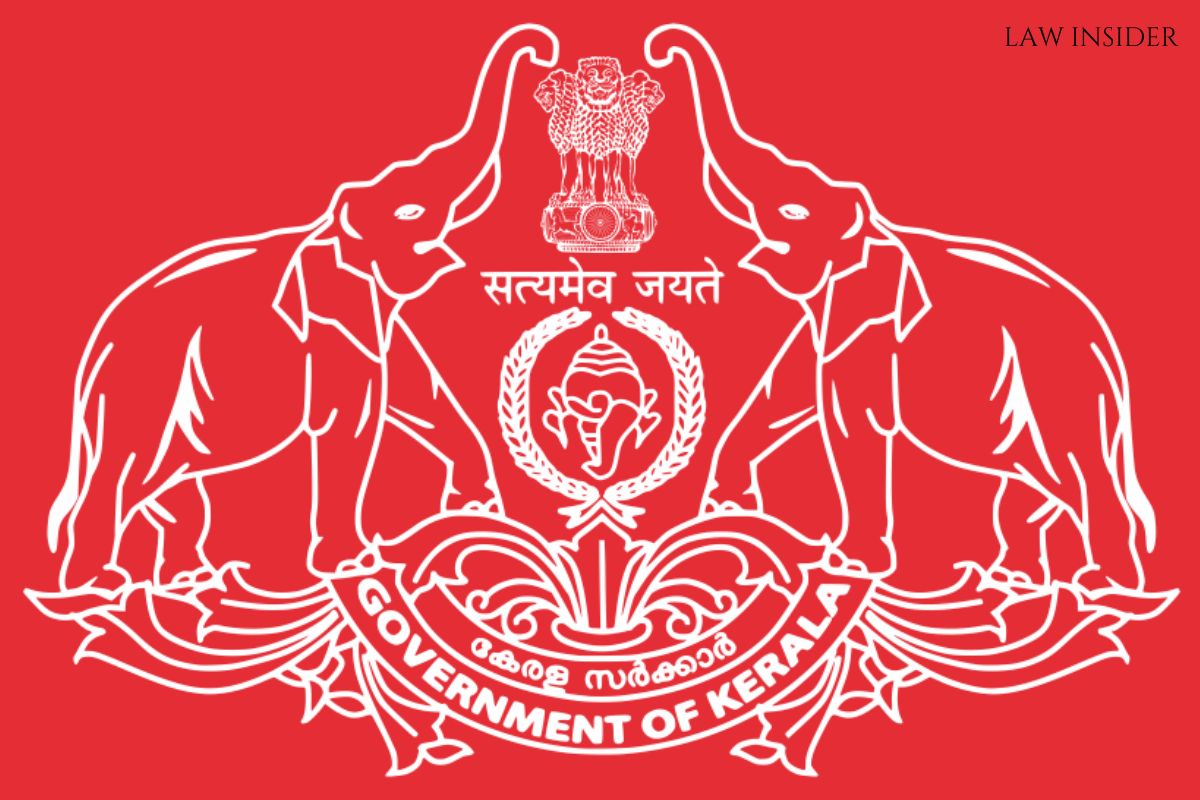LI Network
Published on: November 02, 2023 at 12:15 IST
The Government of Kerala has taken a significant step by approaching the Supreme Court to address concerns over the Governor’s inaction in assenting to bills passed by the State Assembly.
This move by the Kerala Government signifies a growing dispute with the current Governor, Arif Mohammed Khan, who they claim is causing unreasonable delays in considering more than 8 pending bills, effectively defeating the rights of the people.
In their plea to the Supreme Court, the State Government argues that the Governor’s conduct threatens the very foundations of the Constitution, including the rule of law and democratic governance. Moreover, it hinders the implementation of essential welfare measures outlined in these bills, thus undermining the rights of the state’s citizens.
The State Government has pointed out that 8 bills, presented to the Governor for his assent under Article 200 of the Constitution, remain unacted upon. Disturbingly, three of these bills have languished for over two years, while three others have been pending for more than a year, creating a growing backlog.
The bills awaiting the Governor’s consideration, along with the time elapsed since their presentation, are as follows:
- University Laws Amendment Bill (1st Amendment) 2021 – 23 months
- University Laws Amendment Bill (1st Amendment) 2021 – 23 months
- University Laws Amendment Bill (2nd Amendment) 2021 [APJ Abdulkalam Technical University (Mal)] – 23 months
- Kerala Co-operative Societies Amendment Bill 2022 [MILMA] – 14 months
- University Laws Amendment Bill 2022 – 12 months
- Kerala LokAyukta Amendment Bill 2022 – 12 months
- University Laws Amendment Bill 2022 – 9 months
- Public Health Bill 2021 – 5 months
The Kerala Government emphasizes that the constitution expects the Governor to promptly handle presented bills, typically within a few weeks. This is because the State Legislature, comprised of elected representatives, has deliberated on these bills and deemed their swift conversion into law as essential for effective governance and the welfare of the public.
The plea underlines that many of these bills concern matters of significant public interest and welfare measures. The delay in assenting to these bills jeopardizes the rights of the people to access the benefits outlined in the legislation.
In response to this situation, the Kerala Government’s writ seeks a declaration from the Supreme Court, stating that the Governor is obligated to dispose of every bill presented within a reasonable timeframe and without unnecessary delay. The writ also calls for a specific declaration that the Governor has failed in exercising his constitutional powers and duties by consistently delaying the consideration of pending bills.
The plea further asserts that the Governor’s conduct, characterized by keeping bills pending for extended periods, is arbitrary and violates Article 14 of the Constitution. Additionally, it argues that such delays infringe upon the rights of the people of Kerala under Article 21 of the Constitution by depriving them of the benefits of welfare legislation enacted by the State Assembly.
Former Attorney General for India, KK Venugopal, has prepared the petition, which was filed through Advocate CK Sasi. This legal move follows a similar case involving the Tamil Nadu Government’s allegations against the Governor of Tamil Nadu, Dr. RN Ravi, and underscores the growing tensions between state governments and Governors regarding the timely processing of bills.
In April of the same year, the Supreme Court had commented on the importance of Governors returning bills promptly, as outlined in Article 200, while considering a petition filed by the State of Telangana against the Telangana Governor. The case title for the current legal dispute is “State of Kerala V. Governor for State of Kerala.”

